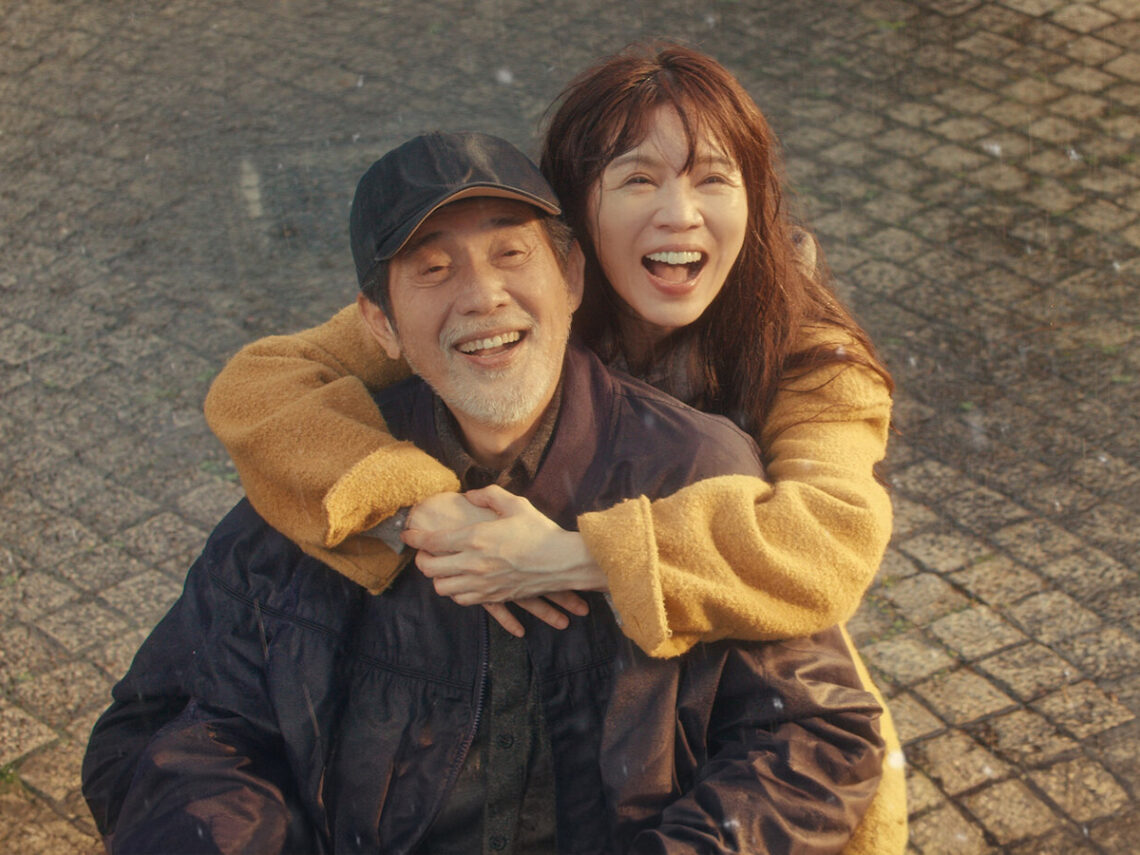
‘Forget You Not’ ending explained: What happens to the father and daughter?
Forget You Not is one of those shows that sneaks in quietly and leaves you staring at the credits in silence. It is not loud or overly dramatic. But by the time this Netflix show ends, it hits somewhere deep especially if complicated family stories feel a little too familiar.
The Taiwanese series follows Cheng Le-Le, a stand-up comic whose biggest audience might never have been in the crowd. Her father, Cheng Kuang-Chi, a man who spent more time working than parenting, now battles dementia. The show starts with distance. Emotionally, physically, and in every way that matters.
Le-Le holds resentment, and honestly, it feels valid. Her father had been absent for most of her childhood. Now, he needs help, and she is the one expected to show up. But this is where the show steps away from the usual melodrama. It does not pretend that forgiveness happens overnight. It allows that awkward in-between where love and resentment sit in the same room and stare each other down.
As Kuang-Chi’s memory fades, Le-Le’s understanding grows. Small things shift like a forgotten appointment, a confused face in a crowd. And then, slowly, the weight of what dementia actually does begins to settle in. The frustration, the fear, the quiet heartbreak of watching someone disappear while still sitting right in front of you.
But here is what works so well about the way Forget You Not wraps things up: it refuses to lean into hopelessness. The pain stays, but so does the progress. Le-Le does not just become her father’s nurse. She becomes his bridge to the world, his memories, and maybe even the version of herself that stopped needing his approval a long time ago.
What happens at the end of Forget You Not?
In the final episodes, Kuang-Chi’s decline becomes impossible to ignore. But instead of collapsing, the narrative lifts. Le-Le continues performing, weaving their memories into her set. It is funny, sad, and weirdly healing. Comedy, in her hands, becomes not just survival but connection. People laugh, but they also listen. They see her father in those stories, and maybe, they see their own.
And then comes the ending. Quiet, inevitable. Kuang-Chi dies. No dramatic collapse and no final monologue. Just the kind of goodbye real life tends to give: short, unfinished, and heavy. But what follows is what matters.
Le-Le chooses not to bury the past but to carry it differently. Her stand-up becomes a tribute, however, not to a perfect father but to a complicated man who tried, failed, and mattered anyway. Through her stories, he stays alive, not frozen in some idealised memory but as he was, messy, proud, distant, and deeply loved.
So what happens to the father and daughter? He leaves, and she stays. But not alone. She keeps his story going not out of obligation, but choice. And in doing so, she reclaims not just their relationship, but herself.
Forget You Not does not scream its ending. It just breathes. And in that breath, it says something a lot louder than words ever could.